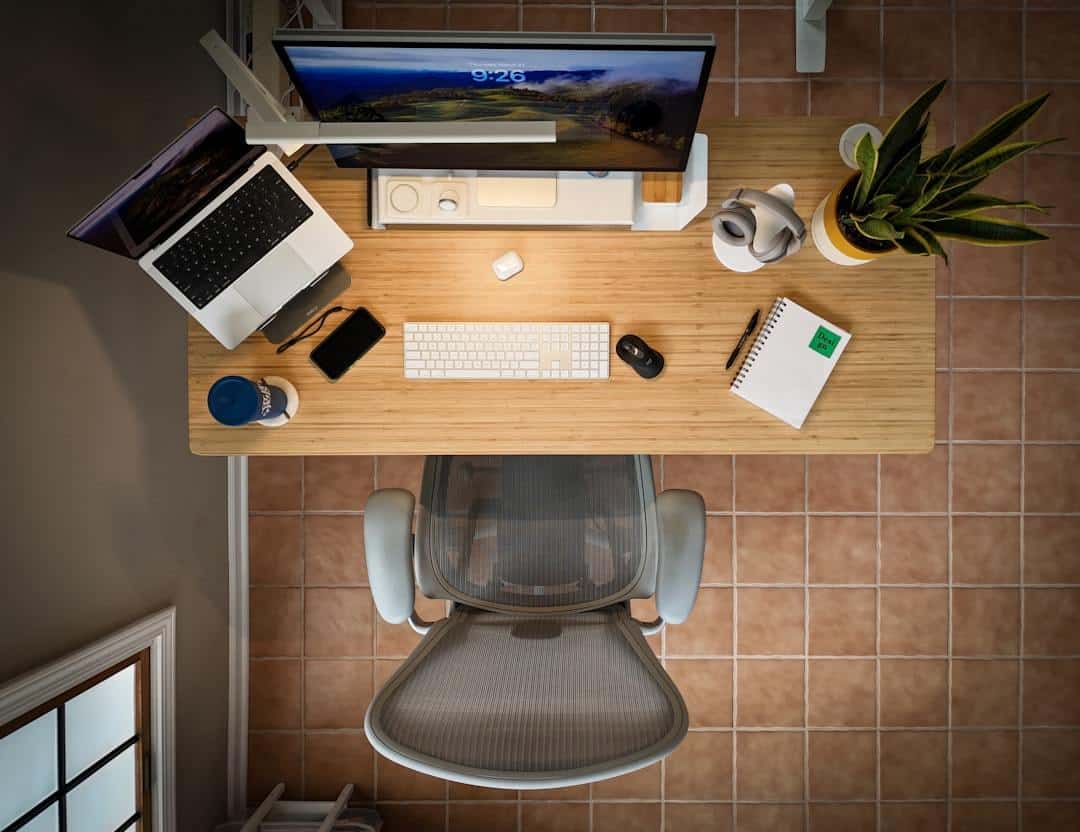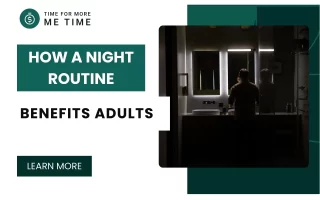With the constant demands of work, social commitments, and family life, it’s easy to feel overwhelmed. However, organized people manage to balance these aspects effectively, making the most of each day.
I am a testament to the benefits of being organized. Without it, I’m sure I wouldn’t be where I am today. Just imagine juggling multiple jobs while running a website, managing social media accounts, and maintaining a YouTube channel—all while overseeing employees. It’s a lot, I tell you!
If I weren’t organized, my career, blog, and personal life would likely fall apart. But if that’s not enough to convince you to get organized, let me share some of the benefits. Let’s get started!
1. Streamlined Days
The benefits of being organized are numerous. Living without structured schedules or plans is like navigating without a map. One key advantage of being organized is the ability to create streamlined, scheduled days. By organizing all the tasks and events in your daily life, you can move through the day with clarity and purpose, rather than feeling lost.
This is an important point. There are times when you suddenly feel bored because you don’t know what to tackle first. This uncertainty can lead to procrastination, even when there are tasks waiting to be completed.
When I started my second job, I realized I desperately needed to improve my daily organization. Balancing work with my passion for MMA, competitions, and Tough Mudder events required a solid plan. Without a clear schedule, I would quickly fall out of sync.
2. Reduced Stress And Anxiety
Visual clutter often leads to mental clutter.
You read that right. If you don’t take the time to organize your home and office, it will inevitably impact your mind as well. When your environment is disorganized, it can lead to increased stress and anxiety, particularly affecting those with poor organizational skills more.
Unfortunately, dealing with clutter can be challenging. I’ll admit, I was a bit spoiled by my mom when I lived with my parents. Despite her busy work schedule, she always made sure our home—and even my room—was neat and tidy.
However, everything changed when I started living on my own. I’m not a slob, but working in a hospital can be exhausting, especially with long hours. There simply isn’t enough time to clean!
In my case, since I’m often exhausted when I get home, I usually organize my things after I wake up. I dedicate at least 15 minutes to tidying up. No clutter, no unnecessary stress!
Thankfully, my home isn’t too messy since I’m only there to sleep and unwind after work.
3. Improved Decision Making
Clutter and disorganization can overwhelm your brain. Visual distractions can grab your attention and drain your mental energy, making it difficult to concentrate. This overload can slow down your thinking and hinder your ability to make sound decisions.
In my experience, after becoming more organized, I find that clutter annoys and irritates me. I struggle to keep my mind focused when I see things out of place. It may be a habit I’ve developed, but it certainly makes it harder for me to think clearly and make decisions.
As I mentioned earlier, visual clutter leads to mental clutter. It’s essential to keep your mind free of distractions because doing so allows you to think with greater clarity and focus.
With this clarity and focus, you can evaluate your options more rationally and objectively, which helps you avoid impulsive decisions. In essence, maintaining an organized environment and a clear mind can significantly enhance your decision-making abilities.
4. Better Finances
The benefits of being organized extend far beyond just clearing a messy room and decluttering your mind; they also apply to your finances. When you stay organized with your money, bills, and other financial responsibilities, you can save and even earn more. Just imagine being careless with your bills and facing costly overdraft and late fees—ouch, right?
Keeping your bills organized and paying them on time is essential. Additionally, creating a shopping list before heading out can help you avoid frivolous and impulsive purchases, keeping you on track with your budget. This practice also allows you to monitor your expenses more effectively, leading to better financial health overall.
5. More Time
Overall, being organized leads to greater efficiency in your life. It allows you to compartmentalize your tasks into distinct and manageable blocks. Instead of jumping from one task to another and constantly making decisions about what to do next, being organized enables you to focus on one task at a time, moving seamlessly from one to the next.
For instance, when planning a project at work, having a clear outline and timeline allows you to tackle each phase methodically, ensuring nothing is overlooked. Similarly, when preparing for a family gathering, organizing your to-do list by categories—such as food, decorations, and activities—can help you complete tasks more efficiently.
Being organized also helps you manage unexpected events and tasks that may come your way. Did your boss assign you additional work? Did friends suddenly invite you out for drinks? No problem! If your life is organized, you can easily fit in the extra workload and politely decline the invitation, knowing you’re already busy. Alternatively, you can let your friends know when you’ll be available since you have a clear understanding of your schedule.
Ultimately, this efficiency from being organized can save you time, prepare you for the unexpected, and help you run your life, both personal and professional, more smoothly!
Conclusion
And that’s about it! Being organized is an essential trait that can help you in every aspect of your life. Think of it like driving: when you have your hands firmly on the steering wheel and a clear destination in mind, you’re much more likely to reach your goal smoothly and efficiently.
Just as a driver needs to navigate the road ahead, being organized allows you to navigate your daily tasks and responsibilities with confidence. It helps you prioritize what’s important, manage your time effectively, and reduce stress. When you’re organized, you can focus on the journey rather than getting sidetracked by distractions or feeling overwhelmed.
Did that make me sound cool and wise? Hopefully! Anyway, if you’d like more content like this, be sure to subscribe to my mailing list, follow my social media accounts, and stay tuned to my YouTube channel. Thanks!






